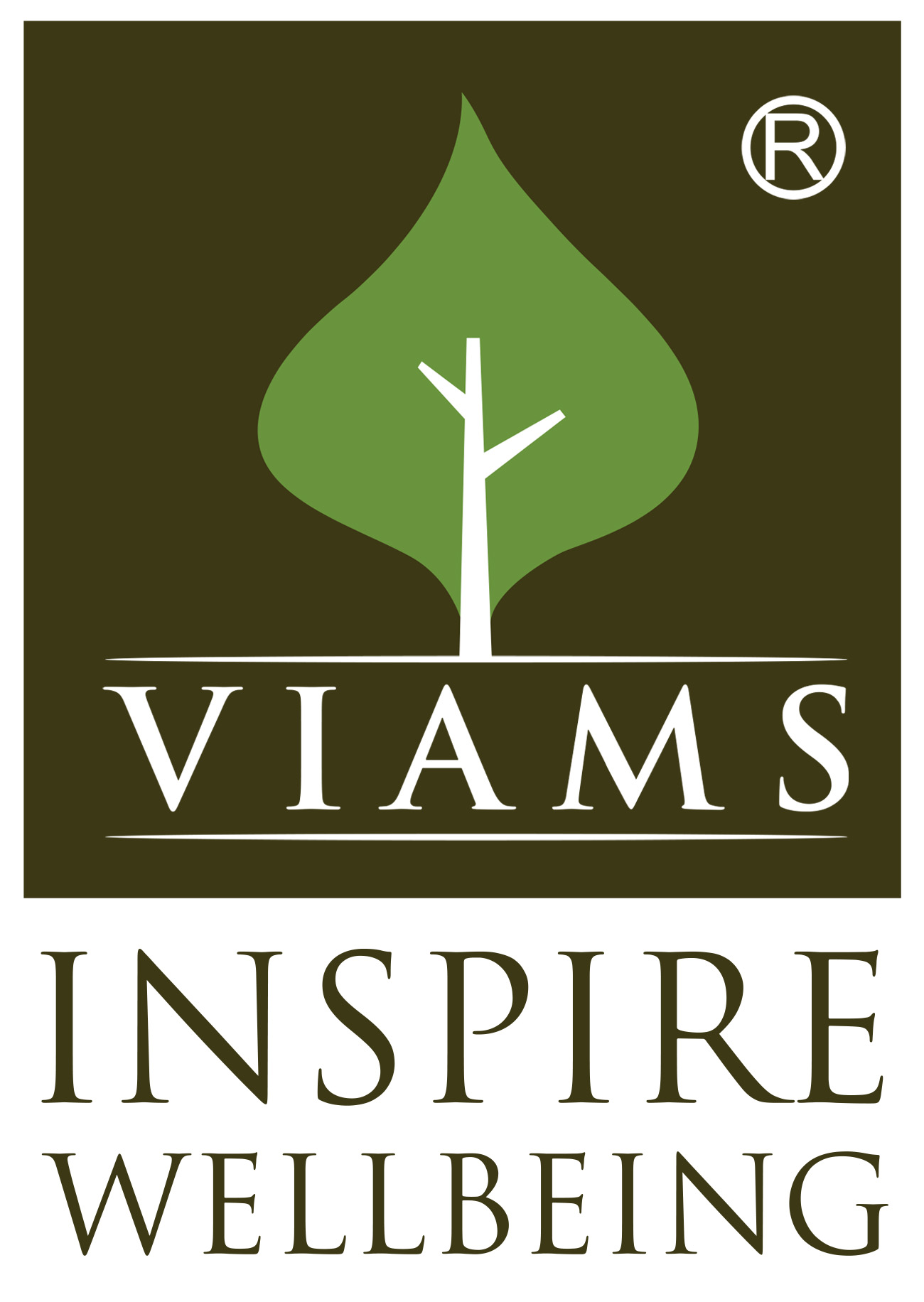Urinary & Pelvic Health
1. Urinary Tract Infection
UTIs are common infections in women due to the shorter urethra, making it easier for bacteria to enter the urinary system. Symptoms include frequent urination, pain, and burning sensation while urinating. Modern treatments for UTIs include antibiotics to eliminate the infection, along with increased fluid intake and lifestyle modifications to prevent recurrence.
Ayurvedic Aspect:
In Ayurveda, UTIs are associated with an imbalance in Pitta dosha, which governs heat and metabolism in the body. When aggravated, Pitta causes burning sensations and inflammation in the urinary tract. Ayurvedic treatments focus on cooling and detoxifying herbs such to reduce inflammation, cleanse the urinary system, and support overall urinary health. Dietary changes are also emphasized to reduce Pitta aggravation and prevent future infections. VIAMS’s Integrated Treatment Protocol:
At VIAMS, our approach combines modern medical treatment with Ayurvedic therapies to treat and prevent UTIs holistically. Our integrated treatment protocol includes personalized herbal formulations, dietary recommendations, and Panchakarma therapies to detoxify the system. We emphasize lifestyle modifications, such as hydration and stress management, to maintain urinary health and prevent recurrence.
2. Incontinence
Urinary incontinence, the loss of bladder control, is a common issue in women, especially after childbirth or during menopause. It may be caused by weakened pelvic floor muscles or hormonal changes. Modern treatments include pelvic floor exercises, medications, and sometimes surgery to manage severe cases. Behavioural therapies and bladder training are also employed to improve control.
Ayurvedic Aspect: In Ayurveda, incontinence is linked to Vata imbalance, particularly Apana Vayu, which controls downward movements in the body. When this energy flow is disturbed, it leads to loss of control over bodily functions. Ayurvedic treatment focuses on strengthening the pelvic muscles and balancing Vata through herbal remedies, along with specific exercises and therapies to restore muscle tone. Panchakarma therapies like Vasti (medicated enema) help regulate Apana Vayu and improve bladder control.
VIAMS’s Integrated Treatment Protocol:
Our integrated approach at VIAMS offers a combination of modern pelvic floor rehabilitation techniques and Ayurvedic therapies to manage incontinence. We use tailored herbal treatments, Yoga, and pelvic strengthening exercises to restore muscle tone and improve bladder function. Panchakarma therapies are also incorporated to balance Vata and promote long-term urinary control.
3. Pelvic Floor Disorders
Pelvic floor disorders, including prolapse, pain, or dysfunction, arise when the muscles supporting the pelvic organs weaken, often due to childbirth, surgery, or aging. Symptoms can include discomfort, urinary issues, or even bowel problems. Modern treatments involve physical therapy, exercises to strengthen the pelvic floor, and in some cases, surgical interventions to correct prolapse.
Ayurvedic Aspect:
Ayurveda views pelvic floor disorders as a result of weakened Mamsa Dhatu (muscle tissue) and disturbed Vata dosha. Ayurvedic treatments aim to strengthen the pelvic muscles using nourishing herbs like Bala, Shatavari, and Ashwagandha. Panchakarma therapies like Abhyanga (oil massage) and Basti help rejuvenate the muscles and restore balance to the Vata dosha. Specific Yoga postures are also recommended to improve muscle strength and support the pelvic organs.
VIAMS’s Integrated Treatment Protocol:
At VIAMS, we offer a comprehensive approach to managing pelvic floor disorders. Our protocol integrates Ayurvedic treatments, including herbal remedies and Panchakarma therapies, with modern physical therapy techniques to strengthen the pelvic muscles. We also offer personalized exercise routines, including Yoga, to support long-term recovery and prevent the progression of pelvic floor disorders.
Our Uniqueness
- Tailor-made medicines from our own Pharmacy
- Integration of Allied Healthcare Techniques
- Experienced Doctors & Therapists
- Three Stages of Treatment with Assessment
- Continuous Online Support 24 X 7
